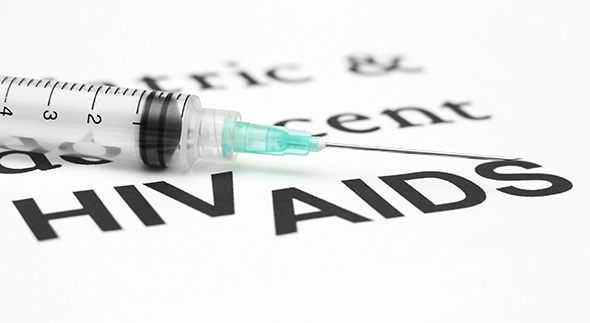Scientists in the U.S have created a novel agent that could provide a potent and universally effective vaccine to protect against HIV.
In a study that involved researchers from over a dozen institutions, the anti-HIV agent protected monkeys from every strain of HIV-1, HIV-2 and SIV (simian immunodeficiency virus) for at least 34 weeks. The agent provides protection even when doses of the virus are much higher than would usually occur in most human cases of transmission. These high doses of the virus were equivalent to the amount that would be produced in a patient with chronic infection, meaning the drug might even help those who already have HIV.
 alexskopje / Shutterstock.com
alexskopje / Shutterstock.com
Leader of the research, Michael Farzan from The Scripps Research Institute (TSRI) says the compound is the “broadest and most potent entry inhibitor described so far.”
Unlike antibodies, which fail to neutralize a large fraction of HIV-1 strains, our protein has been effective against all strains tested, raising the possibility it could offer an effective HIV vaccine alternative, he explains.
HIV targets an important immune cell called the CD4 lymphocyte. The virus gains entry to this T helper cell after binding to one of its co-receptors called CCR5. The current research builds on previous findings that unusual modifications exist in the HIV-binding region of CCR5 and that proteins designed to mimic this region can prevent infection. Farzan and team have now successfully developed a protein that simultaneously binds to two sites on the HIV viral envelope, therefore stopping the virus from gaining access to the host cell.
“When we did our original work on CCR5, people thought it was interesting, but no one saw the therapeutic potential. That potential is starting to be realized,” says Farzan. "We are closer than any other approach to universal protection, but we still have hurdles, primarily with safety for giving it to many, many people.”
The researchers intend to start trials within the next year to test the drug in patients with HIV who cannot take conventional therapies.
Anthony Fauci from the US National Institutes of Health says “This innovative research holds promise for moving us toward two important goals: achieving long-term protection from HIV infection, and putting HIV into sustained remission in chronically infected people."